Parliamentary Assembly of the Black Sea Economic Cooperation: Use of GMO in the BSEC countries: economic and environmental Aspects
Doc. GA37/EC36/REC120/11
RECOMMENDATION 120/2011*
On the Use of Genetically Modified Organisms in the BSEC countries: Economic and Environmental Aspects
1. The Parliamentary Assembly of the Black Sea Economic Cooperation (PABSEC) acknowledges the importance of genetically modified organisms (GMOs) as a necessary response mechanism to the rapid growth of the population on our planet and the huge demand for food and livestock forage. Although the Black Sea region does not face serious problems with food supply compared to other regions, the GMO-related issues are no less urgent.
2. The PABSEC emphasizes the need to prioritize the establishment of a comprehensive legal framework on the use of GMOs in the BSEC countries, along with the setting up of special, well-equipped laboratories that can incorporate modern technologies and conduct meaningful GMO research.
3. The PABSEC also finds it expedient to establish scientific centers to train experts in the necessary skills to conduct GMO research.
4. The Assembly believes that ensuring fair access to land resources, loans, professional training, and providing necessary assistance to farmers are priority tasks for policy makers in the food and agriculture sectors.
5. The PABSEC is of the view that Member States need to pay more attention to the agricultural development of organic products which will lay the foundation for a safe economy in the future.
6. The PABSEC stresses the need to ensure compliance with the principle of free access to information in GMO-related scientific and research institutes to scientists the bioengineering industry, in line with the United Nations (UN) Convention on Biological Diversity, signed in Rio de Janeiro in 1992.
7. The Assembly welcomes the activities of international organizations and their respective divisions focusing on GMO issues, particularly the UN, IPA CIS, IPA EurAsEC, PACE, and the shared expertise of the European Commission on GMOs and food safety norms.
8. The Assembly recalls its earlier Recommendation 54/2001 on Fostering Sustainable Development of Agriculture and Rural Areas, Recommendation 81/2005 on Economic Aspects of Environmental Problems in the Black Sea Countries, Recommendation 94/2007 on State and Perspectives of Fisheries in the BSEC Member States, and Recommendation 114/2010 on Food Security in the BSEC Countries.
9. Therefore, the Assembly recommends that the parliaments and governments of the BSEC Member States:
i. develop and approve, as soon as possible, the required coordinated legal framework regulating the utilization of GMO use*;
ii. welcome new mechanisms of regional cooperation, taking into account trends and challenges in GMO issues*;
iii. improve coordination and interconnection with international organizations focusing on the utilization of GMOs;
iv. develop quality standards for the utilization and propagation of GMOs by ensuring that standard safety measures are applied in their marking, inspection, and control, and that the European identification and code system is stringently followed*;
v. adopt norms ensuring safe conditions for human life and health, to safeguard the interests of GMO consumers, including livestock*;
vi. enforce the clear labeling GMOs in food packaging as a mandatory practice for all food producers in the Member States*;
vii. establish a system for the mandatory monitoring of GMO content in food stuffs and animal feed in the Member States;
viii. improve safety control mechanisms in line with the adopted norms, aiming at protection of human health, food, and livestock forage, and paying due attention to possible GMO utilization*;
ix. further develop scientific research in agriculture and harness scientific and research potential more efficiently to aid small and medium-sized farms so as to increase their productivity, sustainability, and competitiveness;
x. promote agriculture oriented toward the development and biodiversification of organic seeds and crops;
xi. encourage and support activities of public and non-governmental organizations involved in monitoring GMO utilization;
xii. urge Member States that have not ratified the Cartagena Protocol on Biosafety of the UN Convention on Biological Diversity to expedite efforts to do so.
10. The Parliamentary Assembly submits this Recommendation to the BSEC Council of Ministers for consideration.
*Valid only for the countries which allow the use of GMO.
* Rapporteur – Gagik Minasyan, the Chairman of the Committee (Armenia).
Assembly debate on 1 July 2011 (see Doc. GA37/ЕC36/REP/11, Report of the PABSEC Economic, Commercial, Technological and Environmental Affairs Committee on the Use of Genetically Modified Organisms in the BSEC Countries: Economic and Environmental Aspects, discussed in Moscow on 16 March 2011).
Text adopted by the Assembly in Kyiv on 1 July 2011.







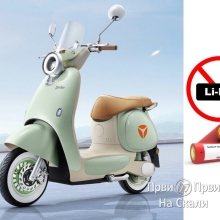

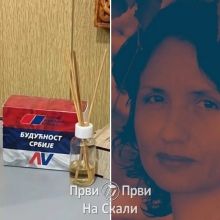
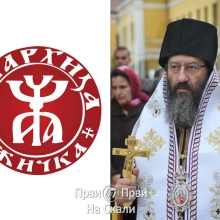
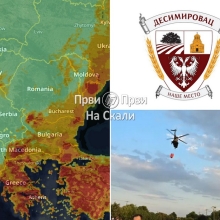

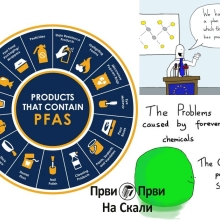


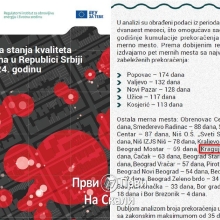
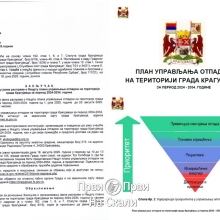
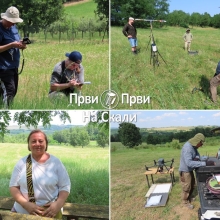










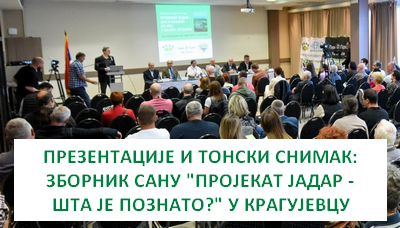
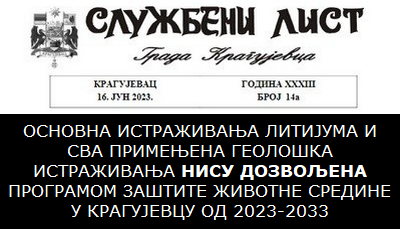
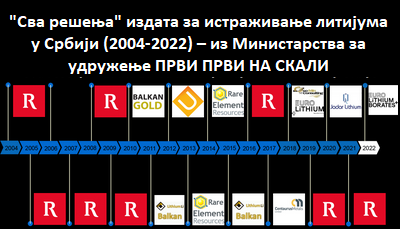
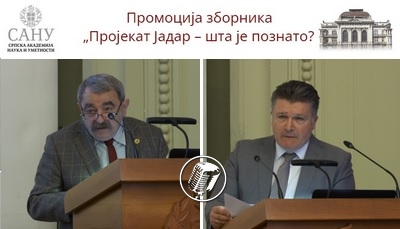
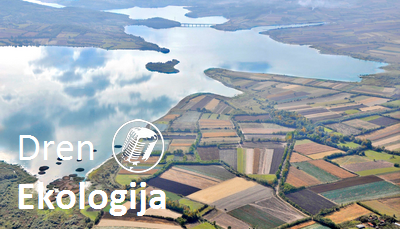





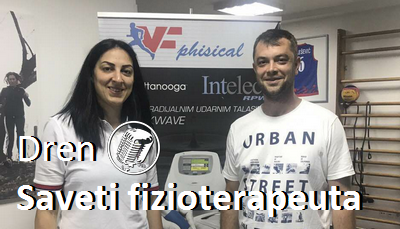
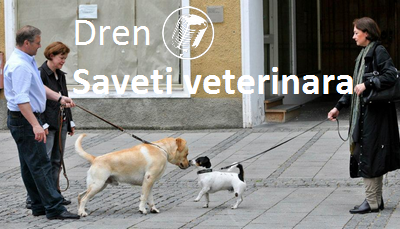

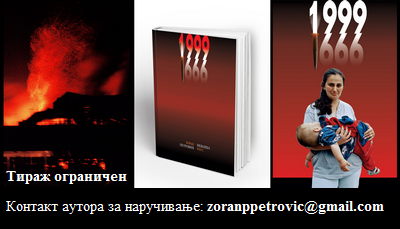






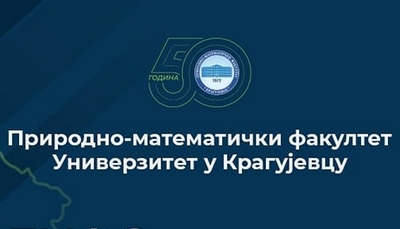
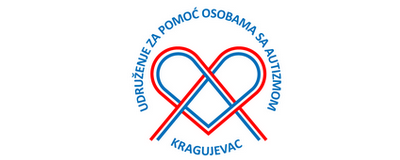

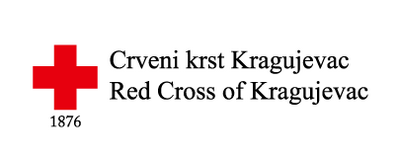

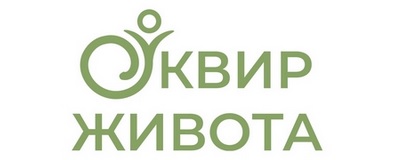




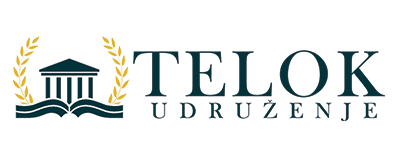












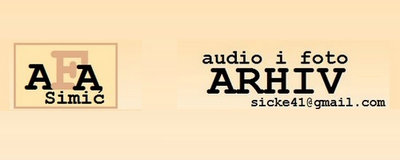




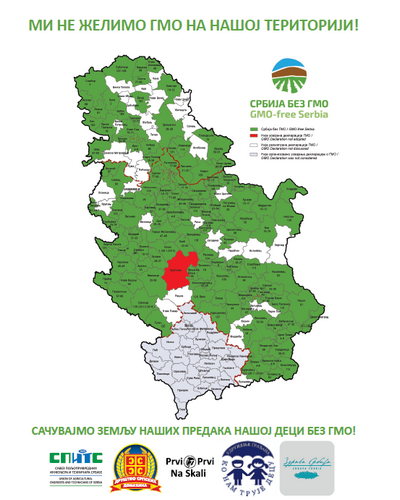


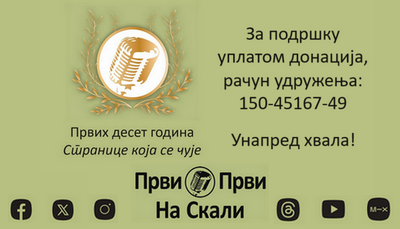
Komentara: 0